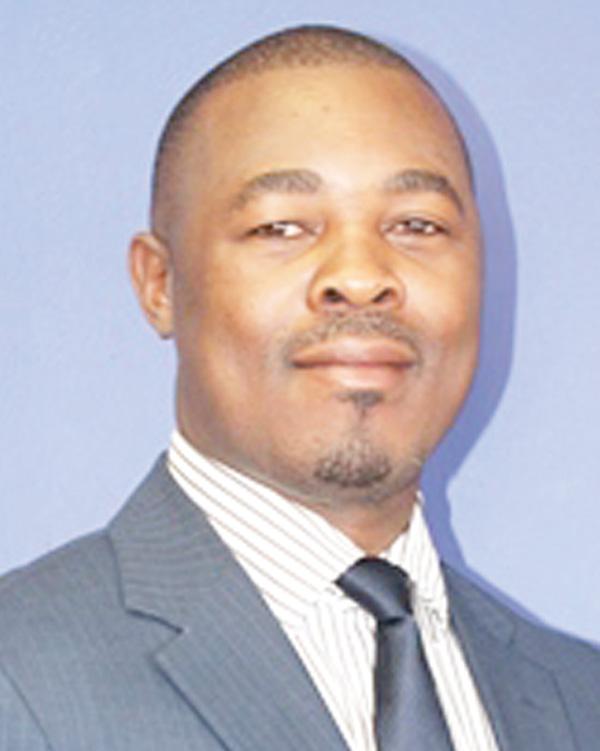
A Malaria-free Africa is Within Reach

By Ellen Johnson-Sirleaf and Aliko Dangote.
Stunning progress against malaria in the past decade has allowed the world to imagine a different future: Finally, a malaria-free Africa is within our reach. With Africa taking the lead, we are on the threshold of eliminating this deadly disease from the continent for good.
The last chapters of our fight will be the most difficult yet. Eliminating malaria in Africa will take bold commitments from African leaders in the public and private sectors. We must double down on our existing malaria control efforts and think creatively about new funding sources, innovative new tools and unique partnerships to drive down cases and deaths and move more countries toward elimination.
Strong leadership has been key to progress across the continent. Since 2000, we have cut malaria mortality rates in Africa by 62 percent. Ten years ago, malaria was killing a child every 30 seconds on our continent, and a scant five percent of the population at risk of malaria slept under insecticide-treated mosquito nets. Now, more than half of the at-risk population sleeps under bed nets. These are extraordinary achievements. Our continent is demonstrating that we can lead the charge in the malaria fight.
But malaria still ravages our families, communities and economies. In many African countries, malaria reduces GDP growth by 1 percent annually. In Nigeria, for example, malaria costs approximately US$1 billion a year in prevention and treatment costs, absenteeism, loss of productivity and disability.
So why are we hopeful? Momentum is building across the continent. In Nigeria, which shoulders 29 percent of the global malaria burden, the public and private sectors are joining forces to fight malaria. Late last year, the Nigerian Ministry of Health and the Dangote Foundation launched the Private Sector Engagement Strategy, which leverages business expertise and innovation and capitalizes on the strength of government efforts to control malaria. An innovative financial instrument now under discussion in Nigeria will seek up to USD$300 million from investors to finance malaria control.
We are inspired by the progress made by our ministers of health, our health workers and our communities with support from our partners in countries across the continent. The world’s oldest and deadliest disease is finally in retreat.
Advancements are underway across Africa thanks to the leadership of the African Leaders Malaria Alliance (ALMA), a ground-breaking coalition of heads of state and government from African Union member countries fighting malaria through high-level advocacy and action. Both the ALMA Scorecard for Accountability & Action and the ALMA 2030 Scorecard Towards Malaria Elimination are helping track country-by-country progress and drive action on malaria control and elimination. ALMA recently recognized seven countries for achieving more than 40 percent reduction in malaria incidence and deaths.
The need for renewed leadership, creative approaches to financing and new tools to fight malaria is why we, along with three other African leaders, joined the End Malaria Council, which was launched recently alongside the World Economic Forum in Davos, Switzerland. The End Malaria Council is a group of public and private sector leaders committed to keeping malaria elimination high on the global agenda. This includes encouraging African leaders to continue to increase domestic funding to fight malaria.
All of us have a role to play in ridding our continent of this disease – from researchers and scientists to health workers, business leaders and government officials at every level. The end of malaria starts now.
About the authors
Ellen Johnson Sirleaf, the President of Liberia, received the Nobel Peace Prize in 2011. Aliko Dangote is the President and CEO of the Dangote Group, Chairman of the Dangote Foundation, and Nigeria’s Malaria Ambassador.













































